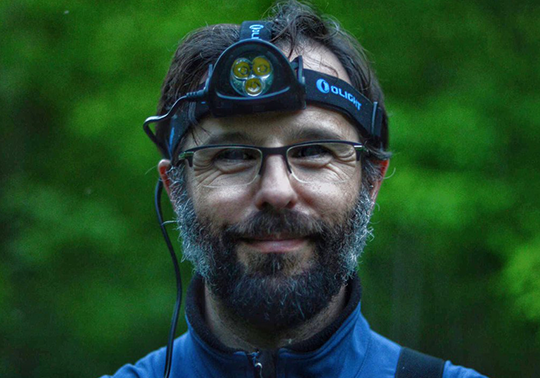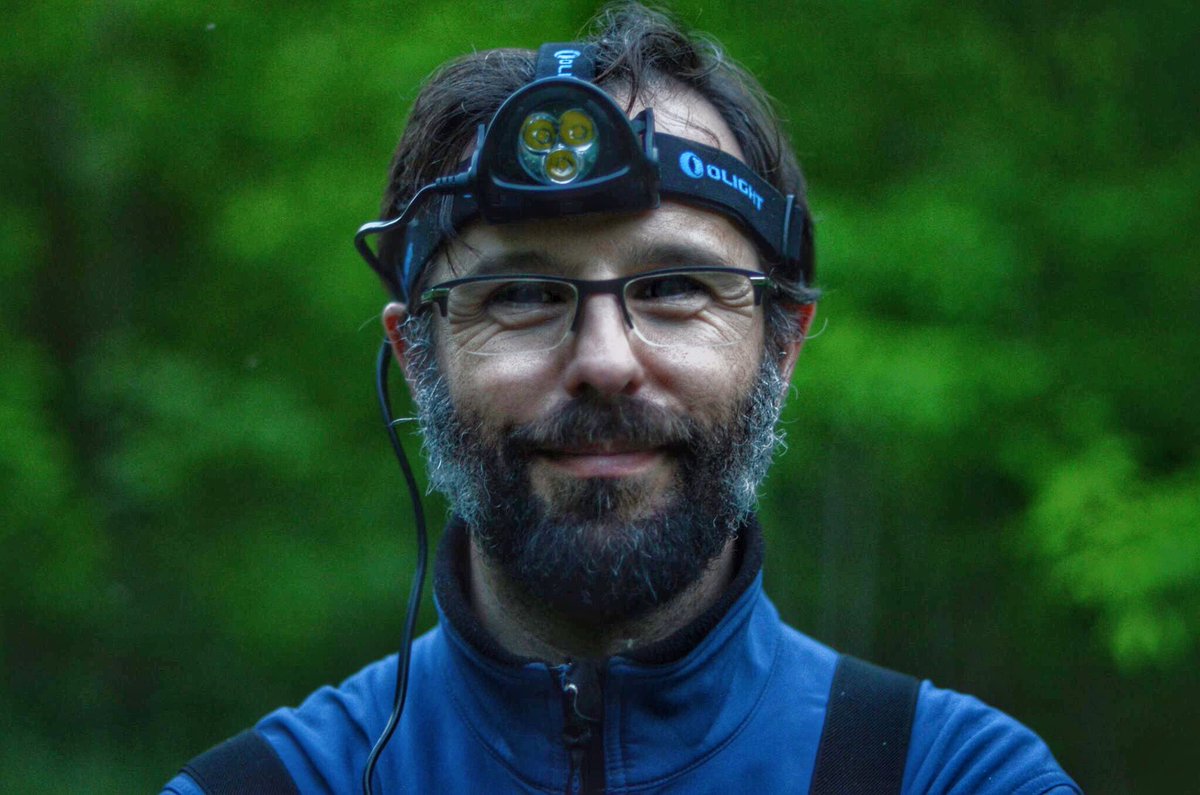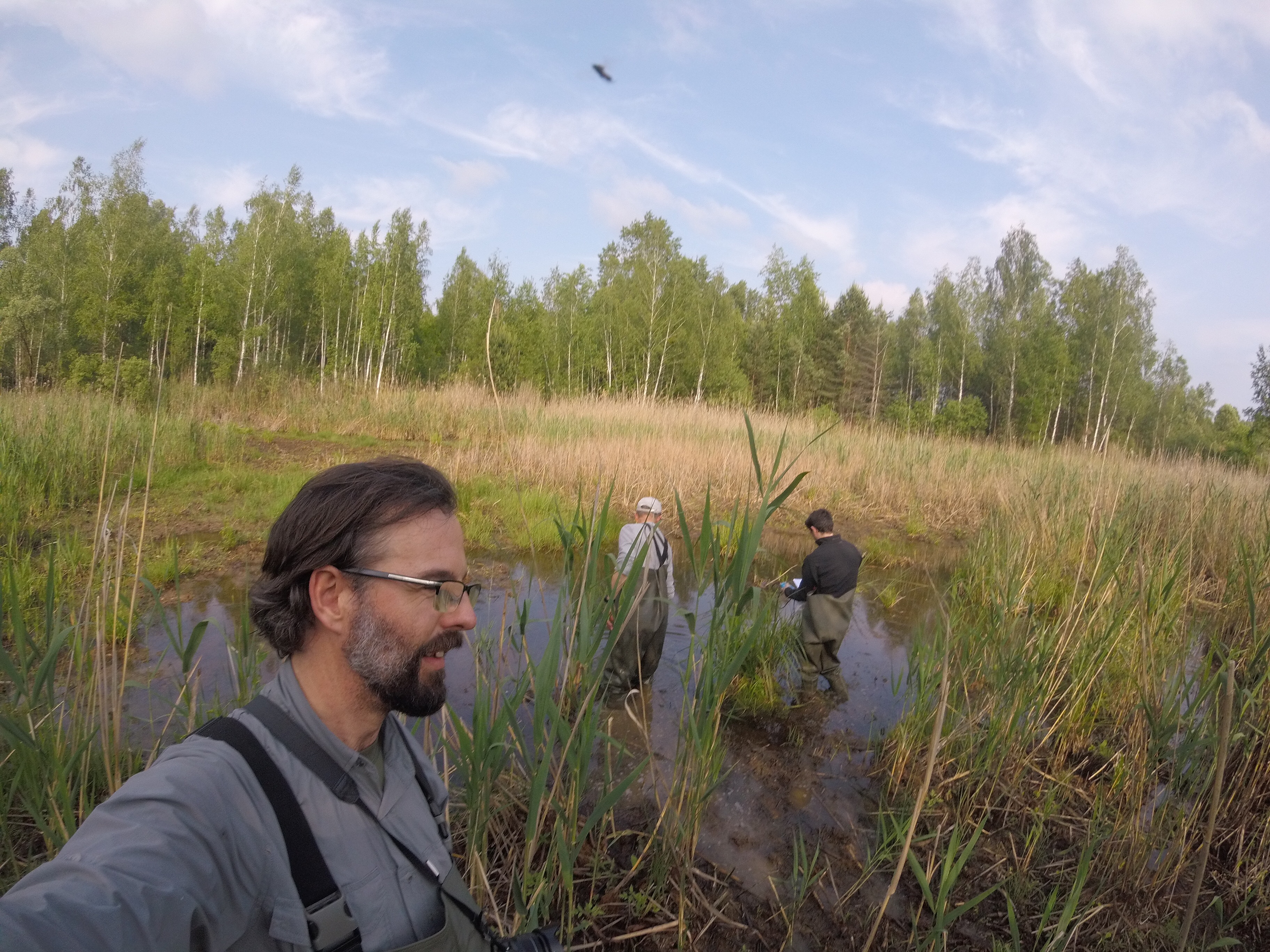
Next Thursday 3 October 2019 12:00 am at Seminar room - SS6 (institutes building floor -1), German Orizaola - UMIB-Research Unit of Biodiversity (Universidad de Oviedo) will give a Seminar on "Responses to chronic exposure to ionizing radiation in chernobyl frogs".
SEMINAR(i): Responses to chronic exposure to ionizing radiation in chernobyl frogs.
WHO?: German Orizaola - UMIB-Research Unit of Biodiversity (Universidad de Oviedo).
WHAT?: Responses to chronic exposure to ionizing radiation in chernobyl frogs.
LANGUAGE?: English.
WHEN?: Thursday 03/10/2019 – 12:00 am.
WHERE?: Seminar room - SS6 (Institutes building floor -1)
ABSTRACT:
Ionizing radiation has the potential to damage DNA and other organic molecules. Human activity has caused the accidental release of vast amounts of radiation to the environment, as in the accidents occurred in the nuclear power plants of Chernobyl (1986) and Fukushima (2011). However, although the negative impact of the acute exposure to radionuclides right after the accidents is clear, there is still no scientific consensus about the long-term effects of chronic low-dose radiation for wildlife living in contaminated areas. We have examined the eco-evolutionary responses to the chronic exposure to ionizing radiation in amphibians living inside Chernobyl Exclusion Zone (Ukraine). Using a gradient of radioactive contamination, we are analyzing the effects of radiation on the morphology, physiology and genomics of adult frogs. Since radiation is also a powerful force inducing random mutations, we also paid especial attention to detect the existence of adaptive responses that may allow organisms to persist in highly contaminated environments.
Links:
Images:












